Practice
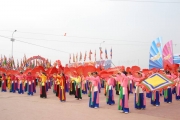
Promoting fine moral values of traditional beliefs in Red River Delta
(LLCT) - The system of beliefs in the Red River Delta is varied and diverse, ranging from those related to personal and familial lives to those related to the life of social communities, from those worshipping ancestors and meritorious co-villagers to those worshipping meritorious fellow countrymen, from those worshipping deities to those worshipping holy mothers, and so on. During their development, these beliefs have absorbed the cultural and moral values as well as customs and habits of the community, so they have managed to gain popularity among the community and have become storehouses of numerous moral values and fine traditions of the nation.
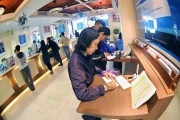
Correlations between PAPI and PCI (In the case of Ho Chi Minh City)
(LLCT) - The PAPI and PCI are complementary to each other rather than substituting each other. They provide objective information which helps authorities at various levels to review and adjust their regulations and policies which are no longer relevant and to strengthen the implementation of these regulations and policies.
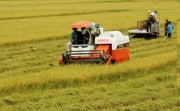
Diversifying forms of partnership, overcoming limitations of farmer household economy in integration
(LLCT) - After 30 years of renovation, Vietnamese agriculture has gained enormous achievements: ensuring national food security, increasing exports, and making Vietnam one of the world’s largest exporters of farm produce. The farmer household economy has constantly grown and has become an important driving force behind agricultural growth and development of the rural economy. Part of farmers has become commodity producing households and expanded the scope of their production and brought about high economic profits. However, due to their limited production scopes, conditions and capabilities and issues related to mechanisms and policies, a large part of farmers is still faced with difficulties in producing and living.

Policy for attracting hight-quality human resources in the public sector in Vietnam currently
(LLCT) - During this period of national industrialization and modernization, high-quality human resources play a central role in the country’s socio-economic development. Recognizing the importance of these human resources, the Party and State, in addition to various ministries, industries and local authorities, have issued policies for the recruitment of high-quality human resources in state bodies and organizations.
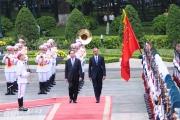
Vietnam - U.S. cooperation in national defense and resolving “Legacy of the Vietnam War” since 1995
(LLCT) - After 20 years of normalized relations, Vietnam and the U.S. have become “friends” and, since 2013, comprehensive partners. Despite the deliberate rate of development, this bilateral cooperation has made firm steps and has been expanded and prospered in many aspects, including cooperation in national defense resources and remediation of the effects of the Vietnam War.
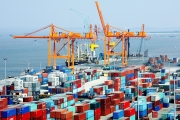
The issue of marine and island environment in Vietnam today
(LLCT) - Vietnam’s aquaculture plays a particularly important role in the country’s socio-economic development, national security and defence.
Risk Management Experiences in UK Non-financial Firms
(LLCT) - Throughout the development of UK financial market, a variety of measure have been used by UK firms to identify, control and manage financial risks. Using derivatives in risk management has proved its effectiveness thus has long and widely applied. This article attempts to demonstrate the influence of corporate size, industry sector and leverage ratio on using derivatives to limit the exposures in interest rate, foreign exchange rate and commodity price.
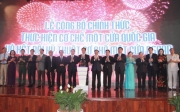
Investment and business environment from the perspective of administrative reform
(LLCT) - As soon as the economic reform and open-door policy began, administrative reforms, particularly administrative procedures, were also implemented. The objective was to discover, remove or revise administrative procedures that were no longer suitable, or too complicated and troublesome, thereby creating favorable conditions for production and business.
Restructuring of State-owned enterprises: results, challenges, and solutions
(LLCT) - The restructuring of State-owned enterprises (SOEs), particularly state-owned economic groups and corporations, has been meant to strengthen them and turn them into a driving force for the state sector, enabling the sector to play a leading role in the socialist-oriented market economy. Once they are public, SOEs will be able to increase their capital resources, transform their administrations, and enhance the transparency of their operations.
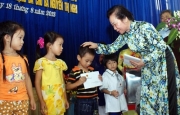
Upholding State’s responsibility for ensuring human rights
(LLCT) - During the cause of national renewal and international integration, the Communist Party and State of Vietnam have always been paying attention to the development and gradual perfection of a legal framework ensuring human rights. This is shown and acknowledged in the Party’s instructions and resolutions and the State’s Constitution and laws.
Journal Archives
Journal Archives
Media
Photo Gallery
Contact us

 Practice
Practice


